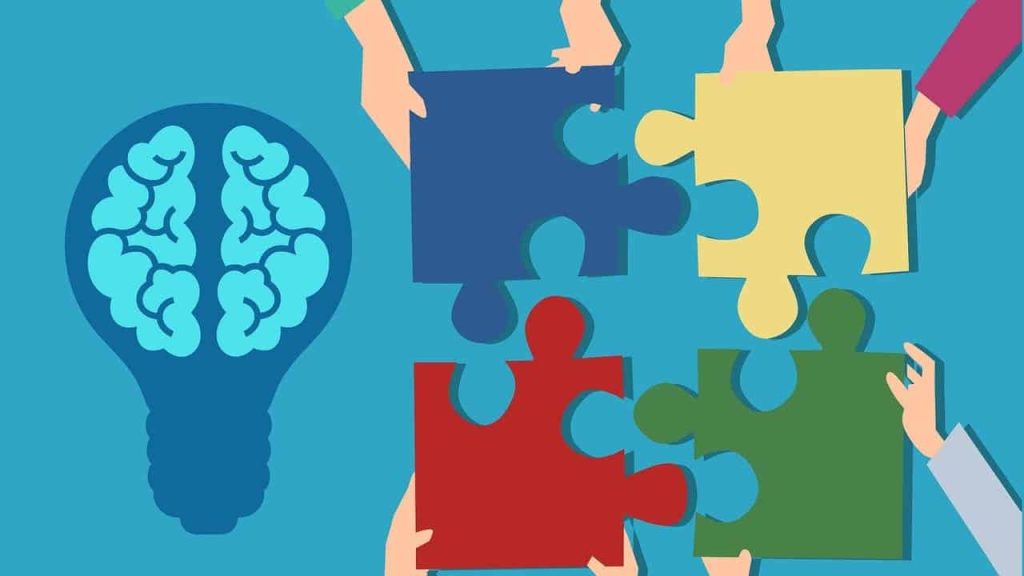Food Stamps, officially known as the Supplemental Nutrition Assistance Program (SNAP), help people with low incomes buy food. It’s a pretty important program, helping families and individuals get the nutrition they need. But a common question people have is, “Does Food Stamps check your bank account?” This essay will break down how SNAP works and answer this question, along with other important details.
Does SNAP Check Your Bank Account at the Beginning?
Yes, SNAP does check your bank account when you first apply for benefits to determine your eligibility. They need to make sure you meet the income and resource requirements to get help.

What Information Do They Look For?
When you apply for SNAP, the program doesn’t just look at your bank account balance. They are interested in your overall financial situation. This helps them determine if you truly need assistance.
Here are some of the things they might consider:
- Checking and savings account balances: SNAP programs often have limits on how much money you can have in these accounts.
- Investments: This might include stocks, bonds, or other investments.
- Other resources: This could be property or other assets.
SNAP programs usually have different resource limits depending on the state, and the size of your household. It’s important to know the rules in your state to see if you qualify for food stamps.
What About Ongoing Checks?
The government doesn’t constantly monitor your bank account after you start receiving benefits. However, you’re required to report any significant changes in your financial situation.
This means if your income or resources change, you need to let SNAP know. Things that might affect your eligibility include:
- Getting a new job with a higher salary.
- Receiving a large sum of money, like an inheritance.
- Changes to your household size (e.g., a new baby or someone moving in).
- Changes in your living situation or expenses.
Not reporting these changes can lead to problems, like losing your benefits or even facing penalties.
What Are the Income Requirements?
SNAP has strict income guidelines. The specific limits vary based on the state you live in and the size of your household. Generally, SNAP benefits are available to people with lower incomes to ensure the program helps those who need it the most.
To determine your eligibility, SNAP will look at your gross monthly income (before taxes and deductions). They’ll also look at your net monthly income (after certain deductions are subtracted). Common deductions include:
- Dependent Care Costs: The costs of childcare while you are working or in school.
- Medical Expenses: Some medical expenses for elderly or disabled members of the household.
- Shelter Costs: Housing costs.
There’s a table showing the 2024 income limits for a household of four in the United States. Please note the information varies from state to state.
| State | Income Limit (Gross) |
|---|---|
| Alaska | $6,240 |
| Hawaii | $6,065 |
| United States (Excluding Alaska and Hawaii) | $4,000 |
What Happens If You Exceed the Limits?
If your income or resources go above the limits, you might lose your SNAP benefits. The agency will review your case to see if you still qualify. It’s important to keep in touch with the agency and report all changes. You don’t want to accidentally get yourself into trouble.
It is very important to understand the rules. Here are some things that might happen:
- A reduction in your benefits.
- A suspension of benefits.
- A complete loss of benefits.
- Potential penalties, like having to pay back benefits you weren’t eligible for.
That’s why it’s crucial to provide accurate information when you apply and to report any changes promptly. If you’re unsure whether a change affects your eligibility, it’s always best to contact the SNAP office and ask.
The Importance of Honesty and Reporting Changes
Being honest and reporting any changes in your financial situation to SNAP is super important. You want to make sure the process works as it should. Honesty ensures that the program is fair to everyone.
Here’s why it matters:
- It helps the program run smoothly: This lets SNAP accurately assess needs and distribute resources.
- It protects you: Following the rules helps you avoid problems like losing benefits or facing penalties.
- It ensures fairness: Everyone who is truly eligible receives support.
By being upfront and reporting changes, you’re contributing to a system that supports people in need.
Here are some guidelines you may want to consider:
- Always provide correct information when applying.
- Inform SNAP promptly about changes.
- Keep copies of all your documents.
- Don’t be afraid to ask questions.
SNAP has many resources available to help you.
Conclusion
So, does Food Stamps check your bank account? Yes, at the beginning, and you have to report any changes. SNAP is a government program to help people with low income buy food. It helps people when they need it most. By understanding how it works, you can make sure you’re following the rules and getting the support you’re eligible for. Being honest and keeping SNAP informed about your financial situation is the best way to ensure things go smoothly. Remember, if you’re ever unsure about something, it’s always a good idea to ask for clarification.